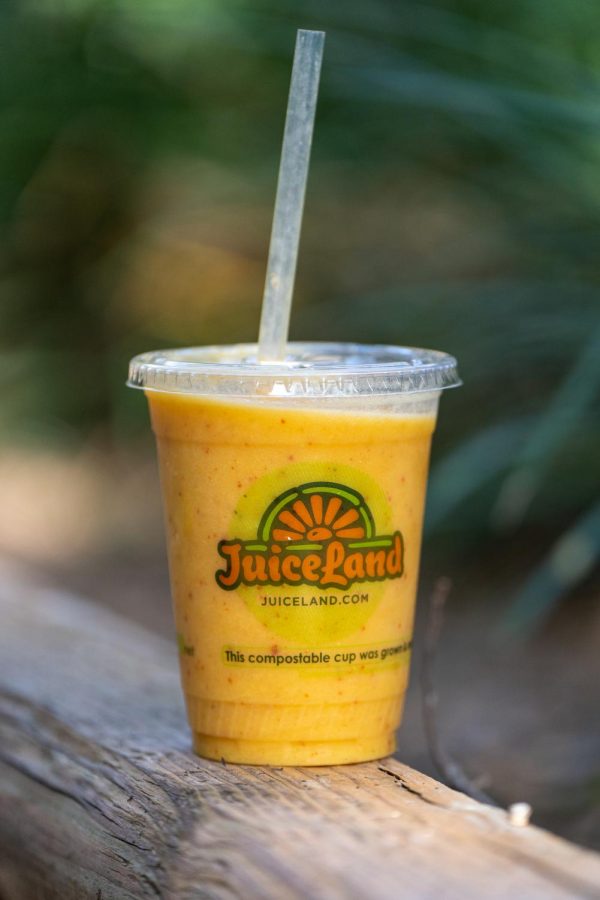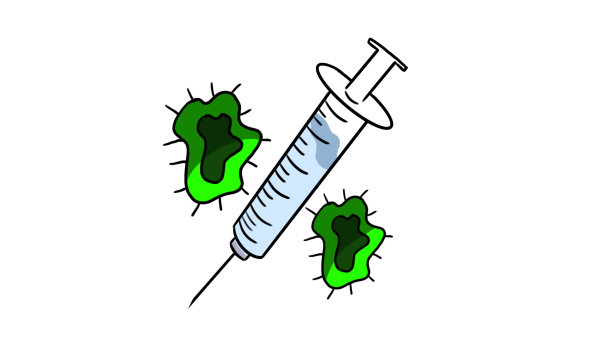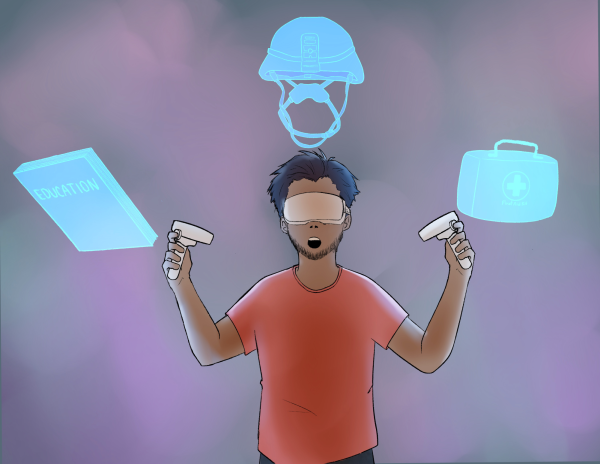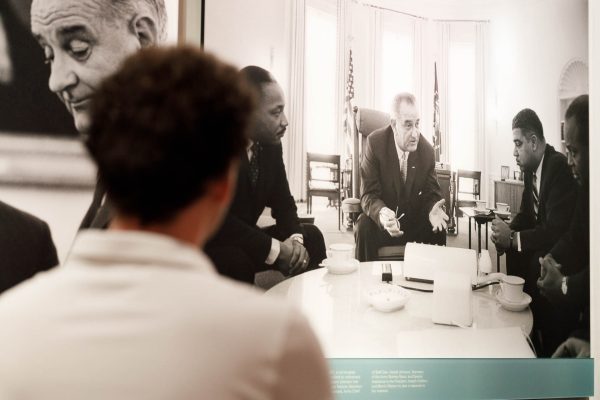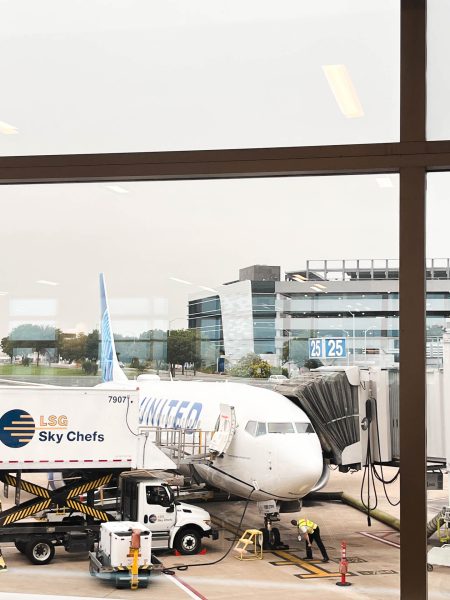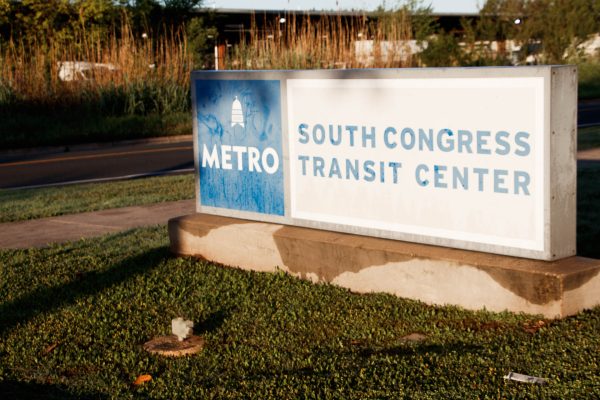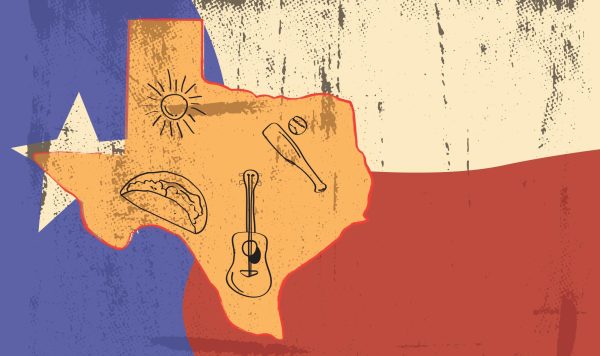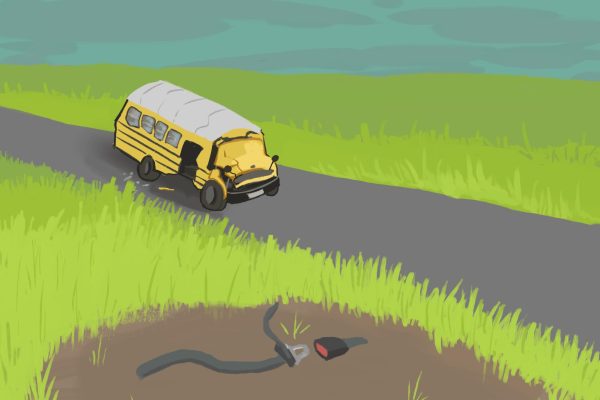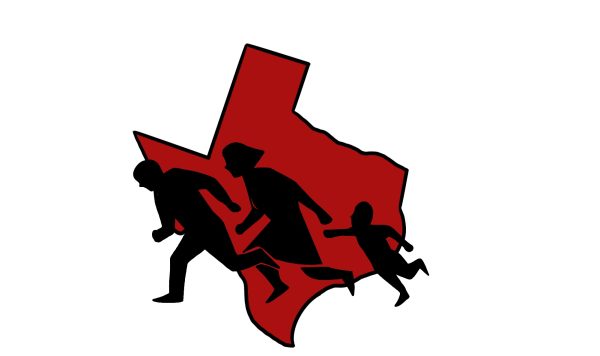Loosening COVID restrictions invite risk to our community
As someone who lives in a well-populated urban area, I take several precautions when it comes to going out in public during the pandemic. I carry sanitizer in my purse and car, keep door handle openers on my keychain and, of course, wear a mask. Ever since the curve began to fall in mid-August, as seen on several tracking charts, I began to feel more comfortable getting a bite to eat at my favorite restaurant or visiting nearby thrift shops. But the second I began to feel comfortable, restrictions and guidelines began to loosen.
As of Monday, Texas is allowing capacities in stores, restaurants, gyms and other buildings to be expanded to 75%. Thankfully, bars will remain closed, but I have a feeling that won’t stop college communities from flocking to restaurants that are titled “bar & grill” just for their drink menu.
In the beginning of the pandemic, the government only gave businesses titled “essential” the ability to remain open. The list included grocery stores and pharmacies, but most restaurants kept their doors closed. Within the past few months, more places have begun to open up and invite the public back into their space. When I would go to pick up Chinese takeout for my family, I never once thought our government would allow restrictions to loosen, especially with the amount of growing cases.
According to the New York Times Texas COVID-19 Map, there has been a 22% increase in total reported cases since Sept. 27. In Austin alone, there have been a total of 16 new cases reported within the past seven days. These numbers are not pretty, but they are the truth. Despite the dramatic fall from over 10,000 cases daily to just above 4,000 daily cases, a 58% decrease, the amount of people getting affected by COVID-19 daily are still high — T too high for comfort, at least.
There was no need to open restaurants and other industries in the first place back in April, when cases were much higher then than they are now, and there really isn’t a need to loosen restrictions as of today. I think the fine line written between maintaining economic success and maintaining social safety was crossed long ago. The sad part is that there are no signs of the government taking this into consideration.
If I was a restaurant owner, let’s say South Congress Cafe, for example, I would be worried that I was putting not only my customers at risk, but my employees. Restaurants don’t have to follow the guidelines put in place because, after all, they are merely suggestions. Owners have the right to remain closed for business. Of course, the problem of going broke becomes apparent.
As for St. Edward’s, there seems to be more restrictions in place for campus stores and cafeterias than there are in public restaurants. Not once have I walked into Jo’s on campus and felt uncomfortable with the amount of people around me not following protocol, but when it comes to stopping at a corner store to get gas when visiting my parents upstate, I feel suffocated by strangers around me who are not social distancing and, in some cases, not wearing a mask.
There are businesses in Austin that have remained closed or are following protocols of their own and find success. Old Thousand, a Chinese restaurant located on 11th street, has remained closed for dine-in and only offers takeout. This is probably the best way for restaurants to remain open for business without putting people in an enclosed space and risking the health of workers. Customers are able to get the food they want and enjoy it in the safety of their own homes without having to worry about whether the table they’re sitting at was properly wiped down beforehand. JuiceLand is also a business that is offering limited service. Customers come up to the front door, order from outside and receive their drinks on a table — all without having to step foot inside the building.
Overall, the safety of our community should take precedence over economic status. If COVID-19 were to affect the customers of a business and leave them all sick at home, then there is no business to even be made.

Claire is a senior Communication major with a minor in Journalism continuing to dedicate her time growing and learning as a student journalist. Claire...


